Homeschooling Really Can Be All Fun and Games ~
Written by Cait Curley of My Little Poppies
I want to talk to you about homeschooling and why I think it should include more fun and games. (Wouldn’t you like to add more fun to your day??)
There’s this quote that I absolutely love. I think of it all the time, but especially in these post-2020 times, and I wanted to share it with you today:
I tried to teach my child with books.
He gave me only puzzled looks.
I tried to teach my child with words.
They passed him by often unheard.
Despairingly, I turned aside.
“How shall I teach this child?” I cried.
Into my hand, he put the key
“Come,” he said, “play with me.”
– Unknown
As a school psychologist, lifelong gamer, and unexpected homeschool mom, I am a huge advocate for play-based learning and gameschooling. I’ve witnessed the power of play when it comes to children and teen’s learning lives and social-emotional development.
I’ve witnessed the power of play across multiple age ranges, when I worked as a nanny, as a tutor, as an assistant teacher, as a school psychologist, and as a homeschool mom.
Homeschooling Really Can Be All Fun and Games
In these post-2020 times, we’re all looking for more connection, more smiles, more laughter, more… FUN. I want you to know that I believe homeschooling can be almost all fun and games.
Why learning can (and should) be fun
Yes, I believe homeschooling can be almost all fun and games. It’s not going to be perfect. Not even close. But I really believe we could all be having more fun.
In fact, I think learning should be fun.
If you don’t believe me, I triple dog dare you to watch this TED talk by Peter Gray and this TED Talk by Stuart Brown. The truth is, research has shown that play is good for all of us, not just for our children.
Better yet, play benefits the whole child. Play has a positive impact on your child’s physical, cognitive, and social-emotional development. Play fuels learning in a fun, non-intimidating way.
The best part? When you take the time to play with your children and teens, you are connecting and making memories that will last a lifetime.
If you’re new to play-based learning and gameschooling, you might be wondering what this type of learning looks like in the real world. And you might be curious how to make this approach to learning measurable so that it counts for those looming year-end homeschool evaluations.
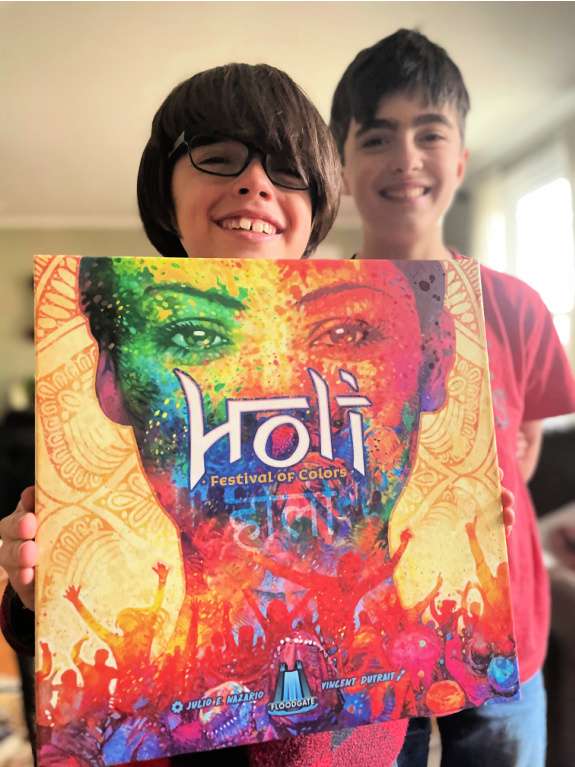
How gameschooling really works
If you’re new to play-based learning, I always recommend dabbling in gameschooling. Gameschooling is the intersection of play and homeschooling. When you gameschool, you can add more play to your homeschool day and easily make it “count” for those year-end homeschool evaluations.
If you’d like to see gameschooling in action, I have two articles for you:
- Cait’s gameschool day in the life (with a 9-, 11-, and 12-year-old)
- Cait’s gameschool day in the life (with an 8-, 10-, and 11-year-old)
Both articles are examples of homeschool days that incorporate gameschooling. But I want you to know that you don’t need to be a lifelong gamer to be a gameschooler.
I have been collecting games since ’86, but you can get started with just a deck of cards!
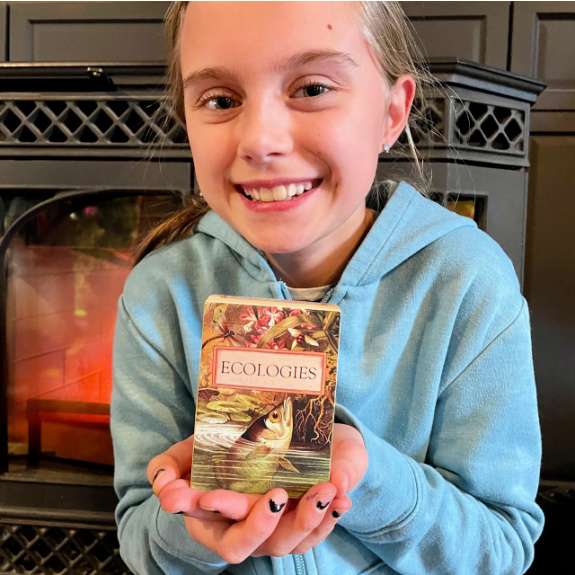
The benefits I’ve seen in my own homeschool
- Decreased stress
I always say that our family survived 2020 by chucking squishy burritos at each other. It sounds goofy but it is true! Games are a wonderful way to distract, laugh, be silly, and connect. - Learning
I have countless examples of how gameschooling has fueled learning in our homeschool. Games have taught one or more of my children to:- read
- tell time
- identify coins and learn to make change
- handle frustration
- add, subtract, multiply, and divide
- Retention
The wonderful thing about play-based learning and gameschooling is that it is a fun way to learn. Interest-based learning helps with retention. This just makes sense! If you’re interested in a topic, you will naturally retain more than if you were forced to memorize the information for a quiz! - Fun
A playful mindset can transform not only your homeschool routine but also the atmosphere of your home. Play boosts connection and makes family memories. By playing more, you are building a family culture of playfulness, curiosity, and lifelong learning. And guess what? Connected kiddos tend to be more cooperative and content when it comes to homeschool – and household- tasks!
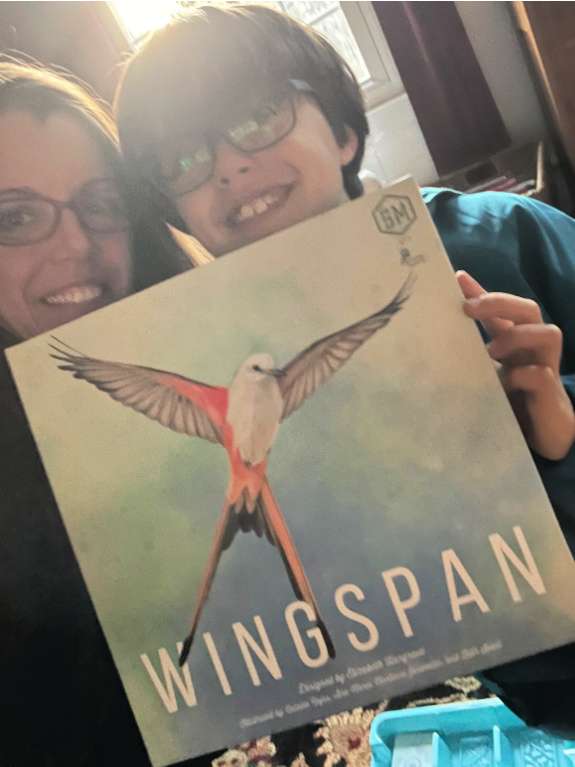
Looking for ways to add more fun to your homeschool (but don’t know how)?
If you’d like to add more play-based learning and gameschooling to your homeschool day, I would love to help. I created Never Board Learning to assist parents on their play-based learning journeys.
Never Board Learning is a private online community for creative parents and educators who love play-based learning and gameschooling.
With a private community forum, guest speakers, Q&As, day-in-the-life family spotlights, exclusive promos and giveaways from some of your favorite companies, and an ever-growing printable resource library including documentation resources, challenges, and print-and-play activities and games.
At Never Board Learning, we believe homeschooling can be *almost* all fun and games!
Hope to “see” you on the inside!
Now, it’s your turn. Tell us: Do you think homeschooling should be fun? How do you add play-based learning to your homeschool routine? Share here!
What’s Your Homeschool Mom Personality? Take Jamie’s quiz now and receive a free personality report to help you organize your homeschool based on what your personality type needs most!
Originally posted April 13, 2021.

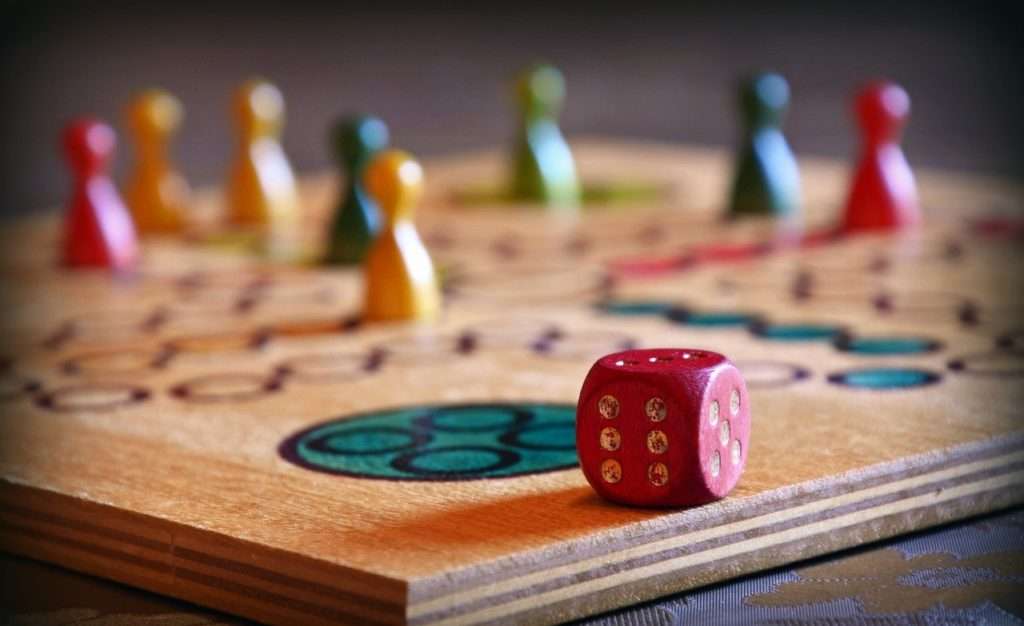
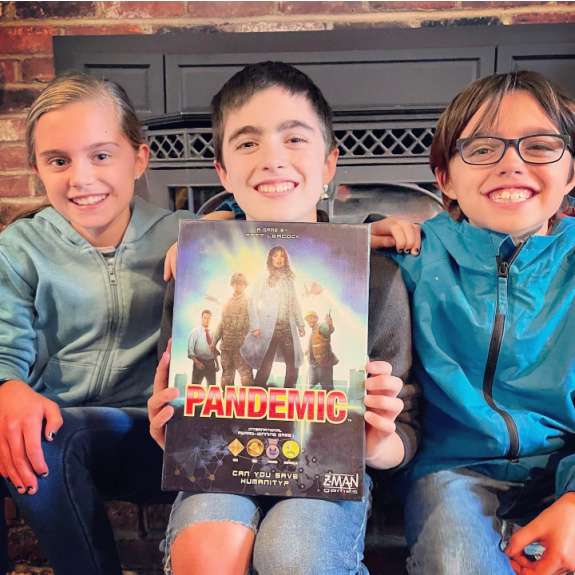
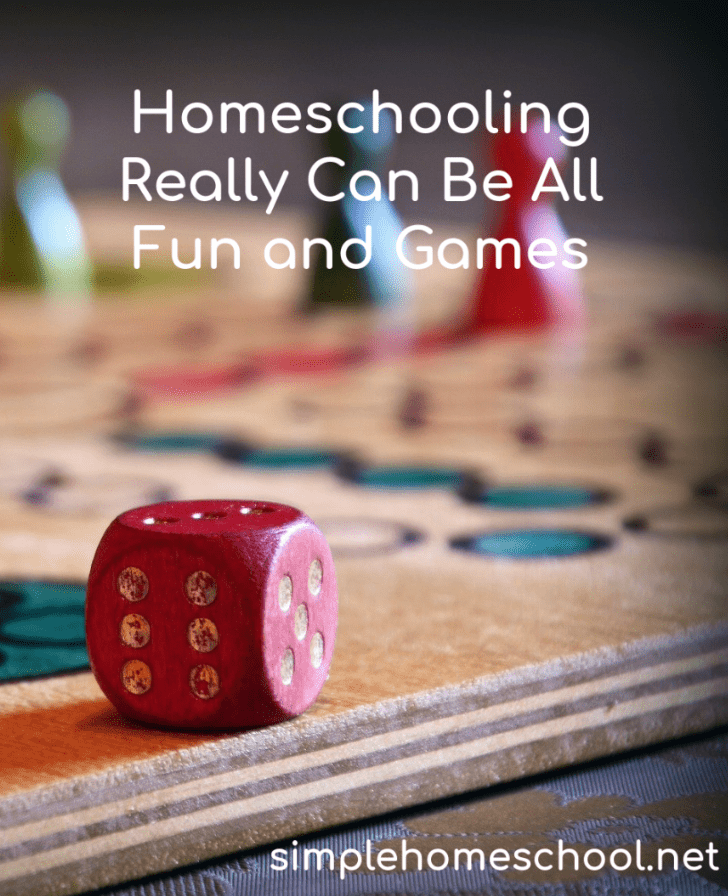
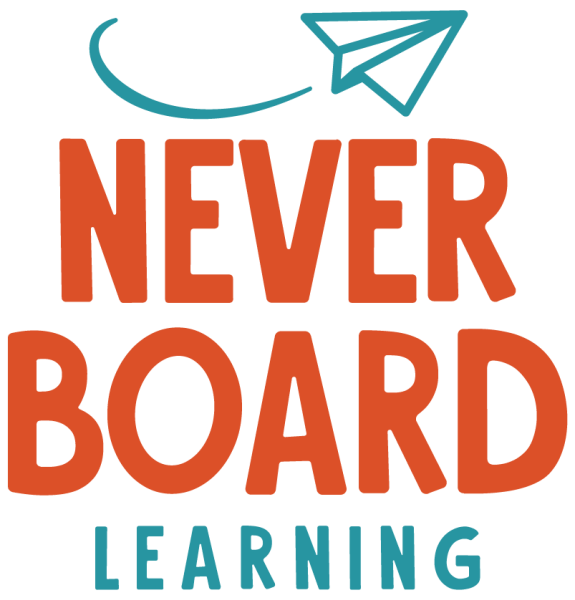
 Weekend homeschool links: April 9th
Weekend homeschool links: April 9th